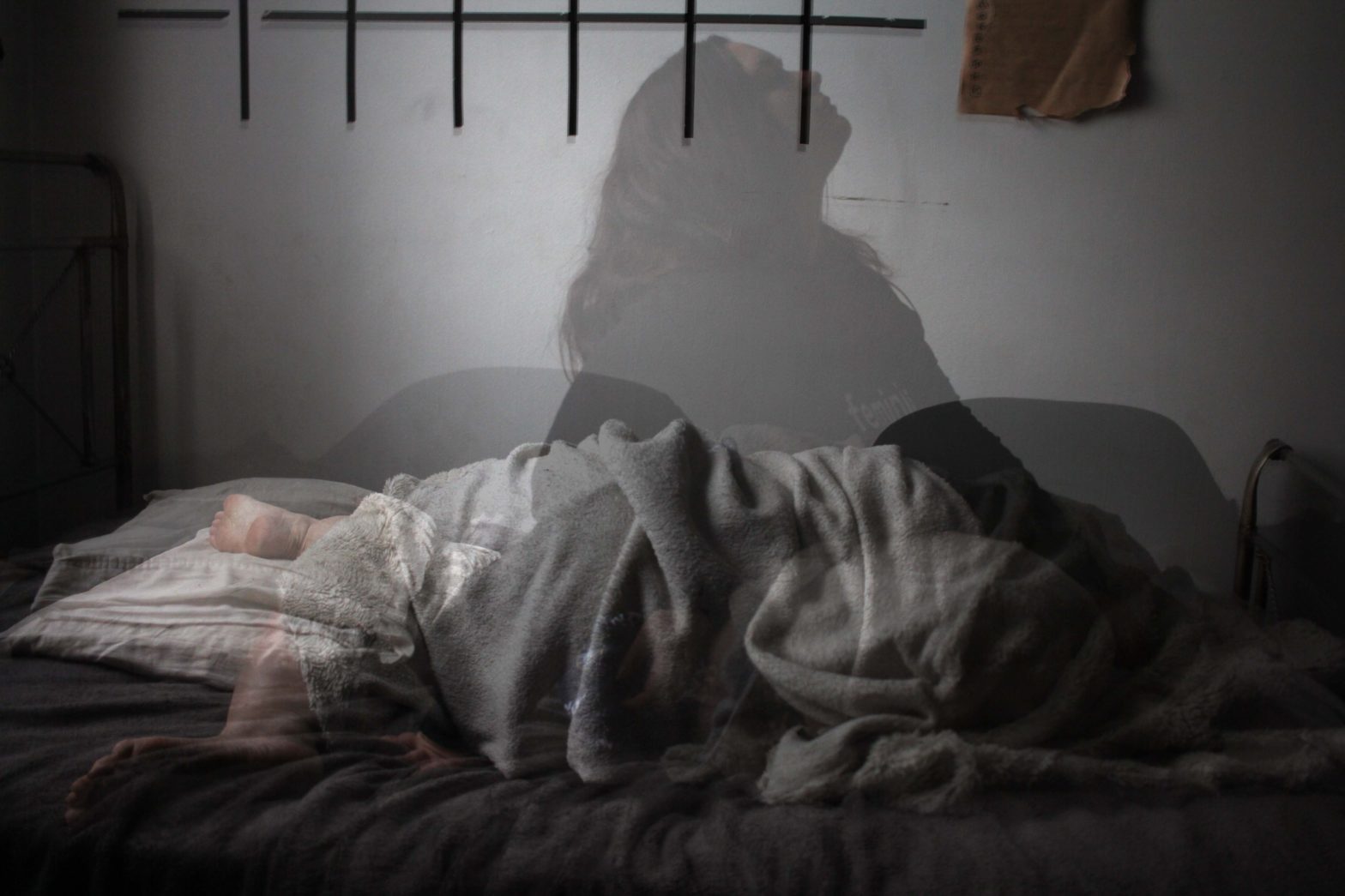Photo by Megan te Boekhorst
Feeling bouts of sadness is completely normal, however, it can become a problem if you regularly struggle to get out of bed, shower, dress and complete typical daily activities and be an active participant in your own life. If you are doing your best to cope with persistent feelings of sadness, hopelessness, and loss of interest or pleasure in activities that you previously enjoyed, you may meet criteria for a depressive disorder,
There are several types of depressive disorders, including:
Major depressive disorder (MDD) – those who experience this often have persistent feelings of sadness or loss of interest or pleasure in activities, along with additional symptoms such as changes in appetite or sleep patterns, fatigue, feelings of worthlessness or guilt, and difficulty concentrating or making decisions.
Persistent depressive disorder (PDD) – those who experience this often have persistent feelings of sadness or depression that last for at least two years, along with additional symptoms such as low self-esteem, poor appetite or overeating, sleep problems, and lack of energy.
Seasonal affective disorder (SAD) – those who experience this often have depressive symptoms during the winter months, when there is less natural sunlight.
Postpartum depression (PPD) – those who experience this often have depressive symptoms following the birth of a child, and both mothers and fathers can be affected.
Depressive disorders can be treated with a combination of traditional talk therapy (psychotherapy), medication, and other supportive therapies. As our thoughts, feelings and behaviors are connected, when treating depression using a cognitive-behavioral therapy model, we work to identify and challenge negative thought patterns and focus on doing different behaviors. Instead of waiting for thoughts or feelings to change before we do something, we do something – like take a walk, wash our face, or watch something humorous (and many other possibilities) to affect a change in thoughts and feelings. Medications, such as antidepressants, may also be prescribed to help manage symptoms of depression. Working with a therapist, you can strengthen existing coping skills, develop new coping skills and learn new ways to better manage and lessen your symptoms. Other supportive therapies, such as exercise, social support, and relaxation techniques, may also be helpful in managing depression. EMDR (Eye Movement Desensitization & Reprocessing) and/or IFS (Internal Family Systems) may be beneficial for some.
Treatment to help you find relief is possible. If you are experiencing depressive symptoms that impact your ability to enjoy and live your life fully, we invite you to reach out for support, one of our therapists can help.
Offering Telehealth Services to Illinois Residents

